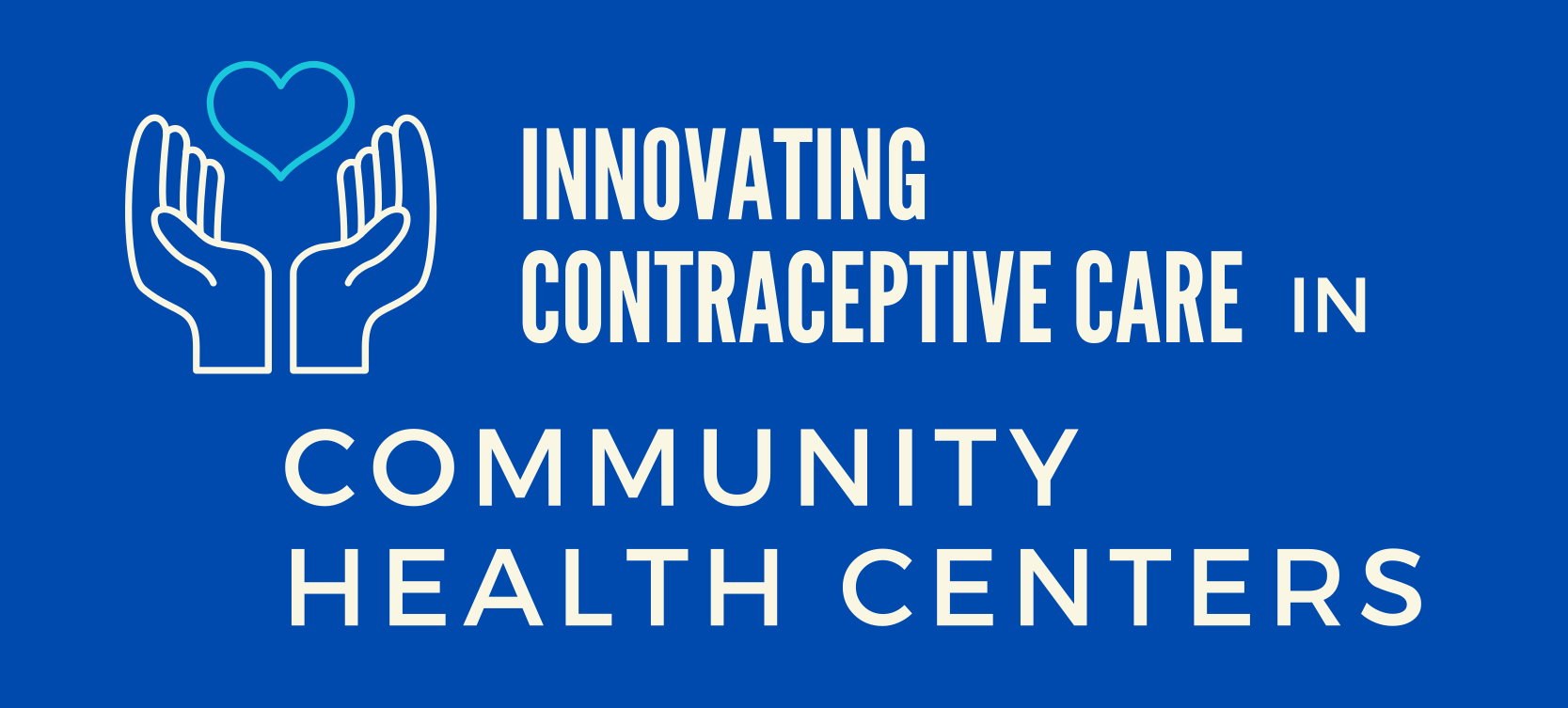Executive leadership plays a critical role in a CHC’s ability to implement evidence-based interventions and strategies aimed at providing high quality, person-centered contraceptive care. Leaders not only develop and reinforce an organizational culture that prioritizes patient experience, but also promote a work environment that supports employee engagement with and ownership of QI efforts. Improvement efforts may include an examination of the CHC’s leadership model, establishing and institutionalizing transparent and compelling systems of communication at all levels of the organization, and direct engagement with patients.
Furthermore, for leaders to successfully address gaps in care provision and commit to improvement strategies, they must understand how different systems of oppression contribute to inequities and have a vision for advancing racial equity. This is especially important in the context of contraceptive care. The history of reproductive coercion and violence among marginalized populations, most notably people of color and low-income individuals, perpetrated through health care continues to inform patient experience in ways that need to be addressed through institutional change; such changes must begin with executive leadership. Recognizing the well-established impact of structural racism on many health outcomes, including sexual and reproductive health outcomes, this project prioritizes activities aimed at dismantling structural inequalities and white supremacy. This change package consequently includes resources that CHCs can use to examine their leadership structure and strategies.
Teams may use the following strategies and evidence-based interventions to create a supportive organizational context that promotes the delivery of person-centered contraceptive care.

